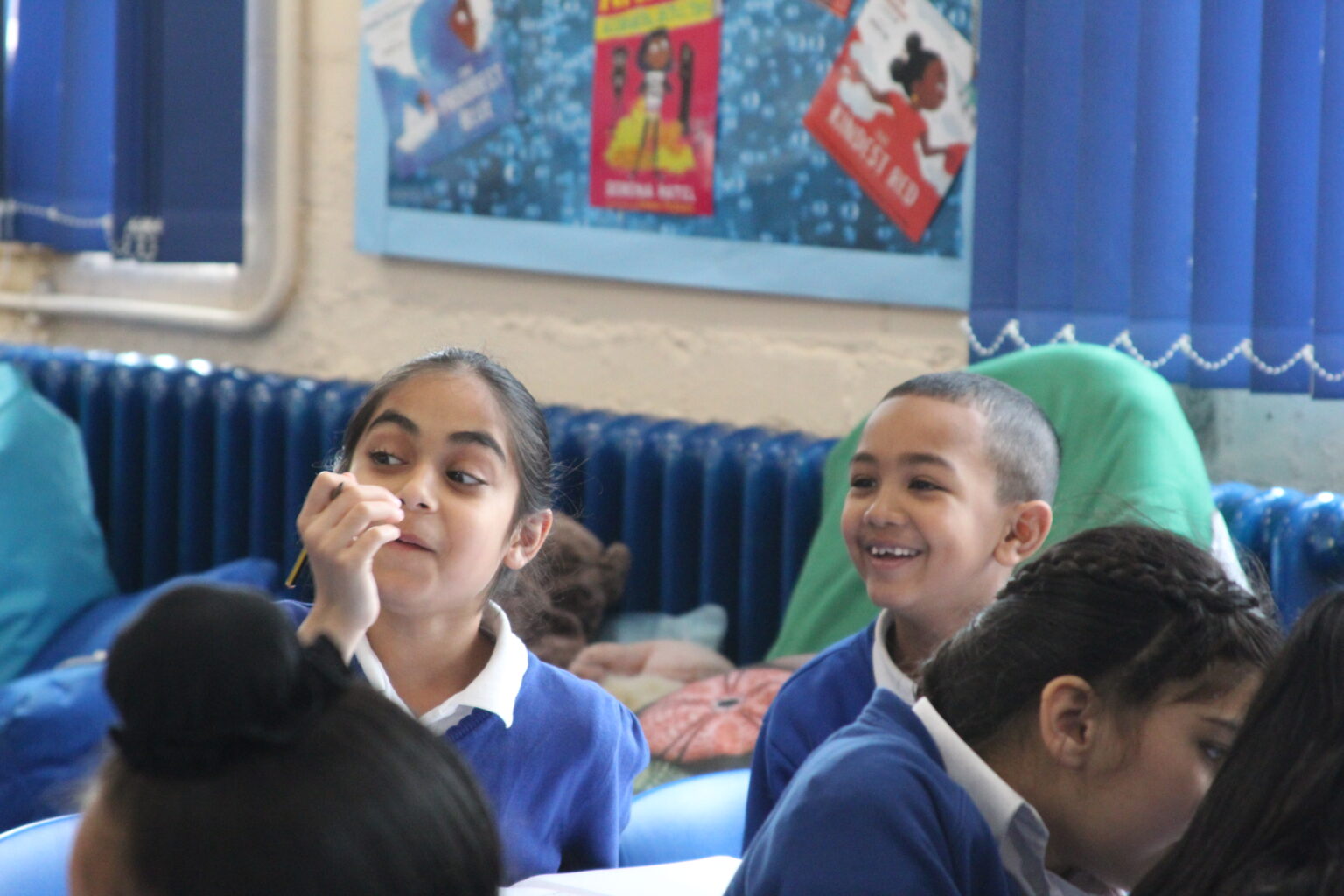Our Approach to Learning

Our curriculum approach is very clear. We believe that the curriculum must be challenge-based with a clear focus on the skills and knowledge that every pupil needs to learn over a period of time. In other words, it needs to be based on real-world problems, must capture children’s interests and choices, requires them to acquire and apply new knowledge and skills, and above all, result in independent thinking.
To ensure that all our schools provide the best opportunities and experiences for our children we have produced a set of key concepts. The curriculum in each school is relevant to that schools context, however these key concepts will be evident across the curriculum in all our schools.
Our curriculum is driven by...
...so that our learners...
This translates into our curriculum through…
Knowledge and experiences:
Our curriculum develops deep, powerful knowledge within and between subjects.
Rich and varied experiences for children connect memories to developing knowledge.
…are critical thinkers, who can make links and apply their knowledge to the world around them.
- Spiralling, powerful knowledge in all subject disciplines, creating building blocks for learning and understanding.
- Interleaving, cross-curricular learning opportunities.
Mapped learning and life experiences, contextual to school and community.
Personal wellbeing and social responsibility:
Our curriculum promotes development of the whole child, establishing healthy attitudes, behaviours and interpersonal skills.
…are aware of their own emotions and those of others, building positive relationships.
…are motivated and empowered to make a difference to the world.
- Contextualised personal, social, health and economic education, developing learners’ mental health and wellbeing.
- A range of opportunities for pupil leadership.
- Well established community links, partners and experiences.
- Questions and inquires that challenge learners to make a difference.
Questions and inquires that promote education for sustainable development (people and planet).
Curiosity and inquisitiveness:
Our curriculum promotes interest and excitement. Children are encouraged to be pioneering, through child-led inquiry and questioning.
…engaged and motivated; intrigued by their new discoveries.
- Questions and inquiries designed throughout the curriculum.
- Learning that promotes oracy, collaborative and independent learning opportunities
- Purposeful opportunities to share learning, demonstrating how inquiries or challenges have been investigated, answered or achieved.
Challenge and ambition:
Our curriculum promotes excellence; developing learners to be the best that they can be.
…are motivated and aspirational, resilient and persevering; going beyond their comfort zones to achieve and succeed.
- High expectations across all subjects and for all pupils
- Effective questioning and challenge
- Teaching strategies that develop independent and collaborative learning
- Connections to careers, aspirational people, further education, business and the world of work
- Purposeful opportunities to share learning, demonstrating how inquiries or challenges have been investigated, answered or achieved.
Inclusivity and representation:
Our curriculum considers and represents the challenges and differences that exist for our pupils. It is meaningful and relevant to our learners.
…feel valued, are heard and recognised by others, and are well prepared to contribute to society.
- Learning opportunities that are inclusive of all needs and appropriately scaffolded.
- Learning that is engaging for all pupils.
- Recognition and celebration of a wide range of cultures, individuals, stories and histories.
- Learning is engaging, connected to locality and interests; it builds upon pupils’ current realms of experiences.
